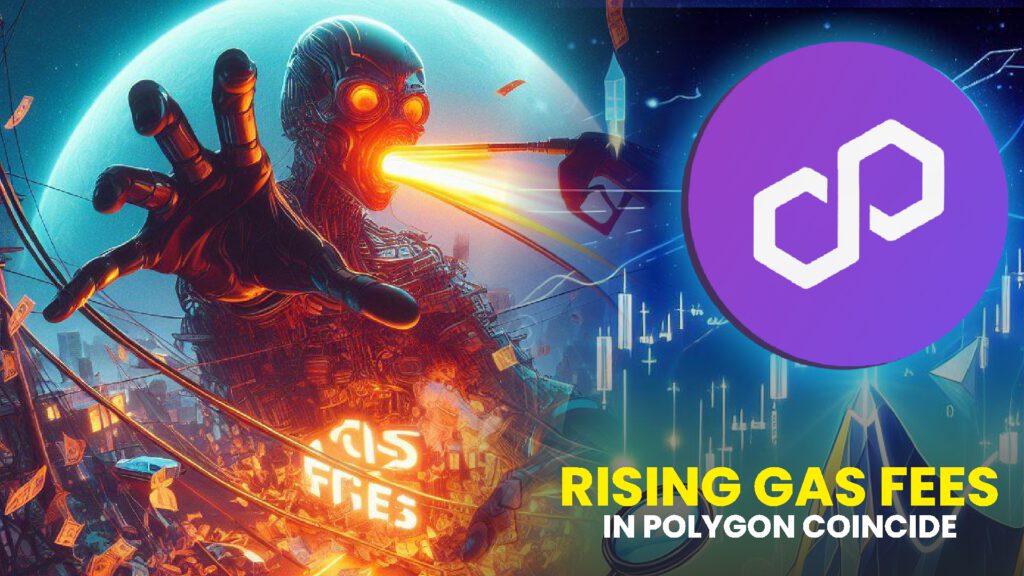Introduction
Polygon, Ethereum’s Layer-2 solution, witnessed a remarkable surge in gas fees attributed to the activities surrounding a new ordinal token. This article explores the lessons learned from the Bitcoin Ordinals frenzy and the subsequent rise in fees.
Polygon Gas Fee Surge
The surge in gas fees on Polygon was a significant event, experiencing an extraordinary increase of over 1,000%, reaching a peak of $0.10. This surge was primarily attributed to heightened transaction activity related to the minting of tokens known as POLS, inspired by the Ordinals protocol.
POLS Token Minting
The increase in network activity and the spike in gas fees were fueled by the enthusiastic minting of the new POLS token. Dune Analytics data revealed a rush of minting activity for POLS coinciding with the use of over 102 million MATIC tokens, valued at $86 million, as gas.
- POLS operates on a protocol called PRC-20
- PRC-20 operates similarly to the Bitcoin Ordinals-derived BRC-20 token standard
- Only 8.7% of the total POLS supply had been minted at the time
- Just over 18,100 owners claimed the token
As of the latest available information, Polygon gas fees have returned to typical levels, settling at around 882 gwei.
Bitcoin Ordinals Frenzy and Fee Surge
A similar situation unfolded on the Bitcoin network in May, marked by a prolonged spike in activity following the release of the Ordinals protocol. This protocol allowed users to mint NFTs directly onto the Bitcoin blockchain, leading to increased fees not observed since April 2021.
Lessons Learned
Some prominent figures within the Bitcoin community, including Samson Mow and Adam Back, criticized the Ordinals protocol and token standard as wasteful. Samson Mow expressed skepticism about the sustainability of the hype, emphasizing the massive fees being paid to Bitcoin miners. The growing activity around Ordinals and BRC-20 highlighted debates surrounding the sustainability and efficiency of certain blockchain protocols and token standards, emphasizing the dynamic nature of the cryptocurrency landscape.


